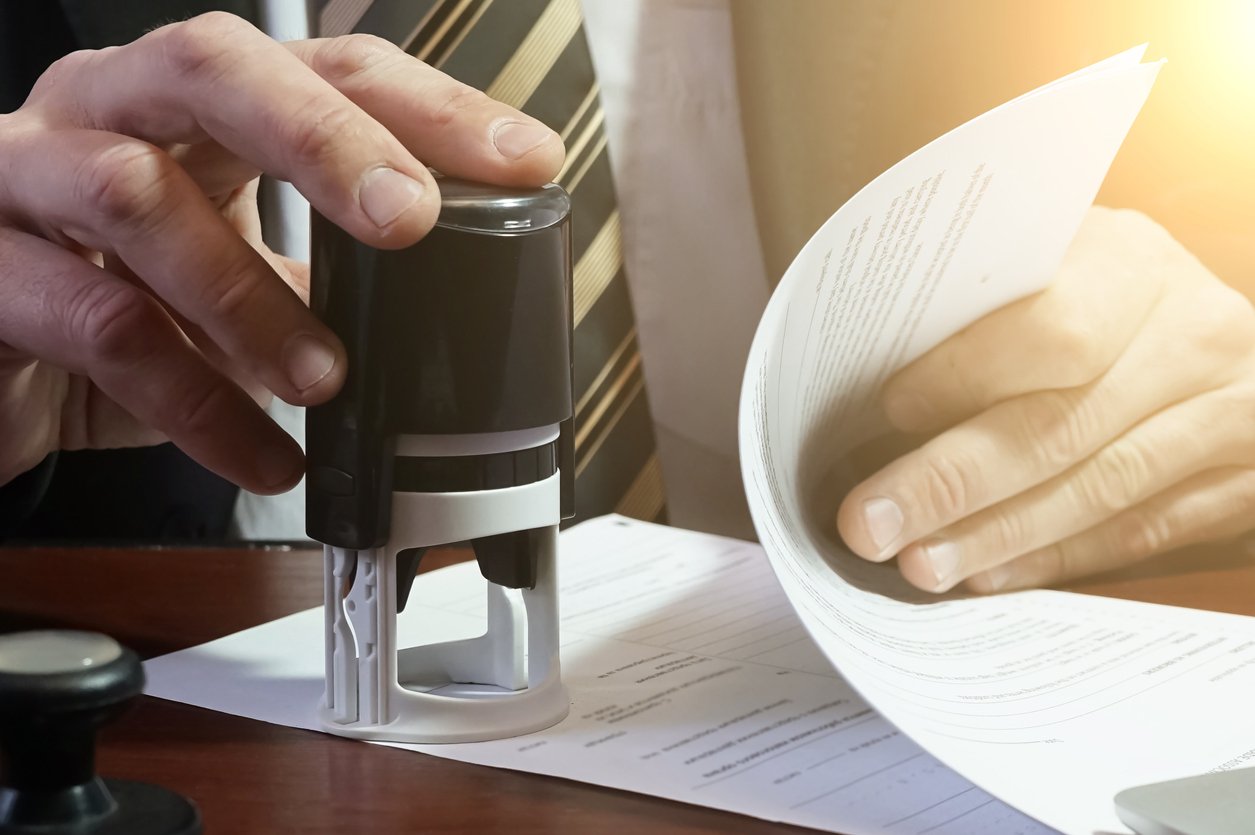Finding the right partner is crucial for foreign businesses that do business in China, no matter if it is through trading, investment, supply chain, joint ventures etc.
Despite China’s progress in becoming more business-friendly, law and regulation enforcement can still be unsatisfactory. The key to success in China is preparation and prevention. Companies dealing with Chinese parties would have avoided or minimized their problems if they had conducted extensive due diligence at the beginning of their business planning.
Table of Contents
ToggleGood practices: A checklist for conducting due diligence
Check the credibility of business partners in China through due diligence. Firstly, you should confirm that the company you are dealing with is legitimate. Chinese companies must register with the State Administration of Industry and Commerce (SAIC), the government agency responsible for business registrations. Business license compliance can indicate the company’s longevity and reliability.
Thus, verifying the registered Chinese business name is vital, as the English name can have various translations. It is the registered Chinese name of the company and the legal person, and the unique business number of the Chinese company in China that is the most important when identifying the Chinese company.
It is relatively common not to deal with the legal person listed on the business license. That said, it is still essential to confirm whether the person you are dealing with in the Chinese company is who they claim to be or whether they are the legal person or have the negotiation/ decision-making power in the company they represent.
When you are sure you are dealing with a legal entity in China, you should evaluate the Chinese company’s finances, especially before significant transactions. Look into the equity structure, percentage of shares, capital availability ratio, forms of investment, significant shareholders, etc.
You should also consider financial information such as bank statements, bank loans, real estate mortgage records of a founder or a company, debt records, promissory notes, letters of credit, government grants, and subsidies.
Furthermore, a well-established company in China should be willing to provide references, including its suppliers, customers, and competitors. A single supplier or a limited market may present more risks. It is helpful for certain types of transactions to learn about its procurement policy, payment quality, frequency of payments, and relationship with its suppliers; the channels through which sales are made, market segments, number of customers, and relationship with them.
Additionally, ask for a description of their business with foreign companies, the names of their coordinators, and, if possible, speak with references who speak your language.
Your business is at risk if you only make assumptions about Chinese partners!

Due diligence checks: a continuous process
Additionally, remember that due diligence is a continuous process. You should conduct due diligence throughout your time in the market. Partners who are reliable today may not be reliable tomorrow, so be prepared now. Make ongoing due diligence a part of your business strategy in China.
An on-the-ground presence and a depth report of the Chinese company is essential for large deals to know your partner’s background, capabilities, credibility, how they have handled previous partners when it comes to things like contracts and intellectual property, and not at least performance. If you can’t travel, find someone close to you to make a surprise visit or pre-arrange a site visit.
Company seals, known as chops, are vital for controlling a company in China. All legally registered companies must obtain official company chops from their Public Security Bureau (PSB). A round piece of paper is used for all official documents, including contracts, memos, applications for bank accounts, and labour contracts.
Additionally to the official company chop, there are other chops such as financial chop, contract chop, and legal representative chop. Part of due diligence in China is ensuring that the chop is legitimate and being used in an authorized manner.
Controlling and ensuring quality
The key to sourcing from China is minimizing defects and obtaining products that meet your standards. To ensure proper quality control, you need to maintain your due diligence even after you have signed an agreement. Ask for qualification certificates and samples beforehand. Obtain references from your business partner and speak with them. Perfect samples won’t necessarily translate into excellent mass production.
A quality control inspector of your own in the factory to regularly check production is a good idea when a supplier offers a low price compared to competitors. Include specific penalties on your purchase orders if the product is defective.
Considering the complexity of the China market and the difficulty in gaining access to information, due diligence may be necessary. Compared to the potential losses resulting from insufficient due diligence, paying upfront can be a worthwhile investment.
Due diligence on Chinese companies and the impact of Covid
Why is the risk higher in the Chinese market and business environment more critical now than before for international companies and foreign buyers in China that lack relevant information about the Chinese business like registered capital, registration information, potential risks etc.?
Before you sign the business deal with the Chinese company, you should understand that coronavirus has caused many factories in China to close as there have been limited open channels for doing business. As a result, their orders are down significantly. Additionally, more and more foreign companies are sending money to Chinese companies that they thought would be their suppliers but never receive anything in return.
Any company that purchases products from China or does business in China should conduct due diligence, as it is an effective way of reducing risk before you sign contracts in China.
China has become a popular destination for foreign companies to manufacture specific products. Suppose you have found potential business partners in China, a Chinese supplier or a Chinese manufacturer, and send large sums of money to them. Ultimately, because you did not do you do due diligence research you may end up not hearing back from the Chinese company after they have received your payments.
If you skip comprehensive due diligence you might find that the Chinese company is not a manufacturer but a broker with a rented office. In order words, you did not see the red flags at an early stage. The Chinese company may not even have an export license. It gets its goods from manufacturers then hires a different company to ship them. As a middleman, its only asset may be the small amount of inventory it owns.
When you lack information about the human resources in the Chinese company, the legal structure, identification of the business owner, it is therefore important that you: conduct due diligence on the companies you are doing business with to avoid problems. Due diligence on Chinese businesses is no longer an option but rather a necessity and should be an integral part of your business activities in China and a competitive advantage.
Due diligence on Chinese manufacturers and suppliers can assist you in answering three questions, which can be divided into three levels of understanding:
First level: Identification of the Chinese company. Who is the legal person in the company, the Chinese name and registration number? Does the Chinese company exist, or is it a scam?
Second level: Who owns the Chinese company? What is its reputation? Are they financially stable? Have they been sued by other companies based on contract problems, stealing intellectual property etc?
Third level: What kind of company are we dealing with? Can the Chinese supplier produce the products you need? Are they able to produce the number of products you need when there is a higher demand for our products?
Contact us if you need help with background investigation of Chinese companies, protecting patents, trademarks, verification of contracts to the law in China, or help with other legal challenges that you have in China.
If you require our assistance or have further questions about our services, please do not hesitate to contact our Customer Relationship Manager, Jan Erik Christensen, at janerik@ncbhub.com. We look forward to hearing from you and helping your business succeed in China.








